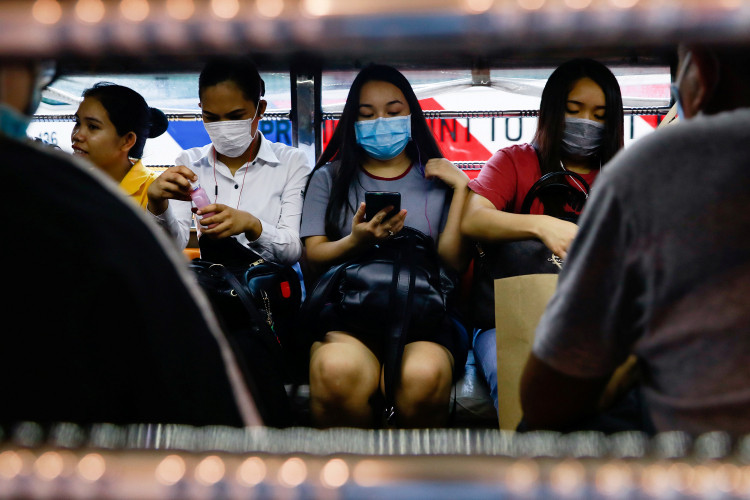Millions of people in some of Southeast Asia's worst Covid-19 hot spots are delaying or refusing vaccination - persuaded by social media from both local sources and anti-vaccination campaigns in the U.S.
Allegedly false claims are driving vaccine hesitation in some parts of the region, hampering attempts to protect some of Asia's most vulnerable people and bring an end to a pandemic that has slowed the world economy.
Despite having some of the world's highest rates of new cases, surveys show vaccine resistance is widespread. According to the polling company Social Weather Stations, 68% of Filipinos are either unsure about or unwilling to take the shots. According to a Suan Dusit Poll, one-third of people in Thailand are unsure or refuse to be vaccinated while a separate survey in Indonesia said roughly a fifth of the population was uncertain.
Anti-vaccination information is a contributor to this reluctance - which has hampered adoption in countries already dealing with limited supplies. In Thailand and the Philippines, fewer than 10% of the population has had one shot.
"It is a polluted media landscape," Melissa Fleming, the United Nations' undersecretary-general for world communications, said at a virtual forum recently. "This infodemic has shifted now and the focus is misinformation on vaccines. It's about instilling fear in people."
Another theory circulating on social media is that microchips in Covid-19 vaccines are used to collect biometric data.
The resistance is a challenge for governments hoping to safeguard up to 80% of their populations.
Almost all Southeast Asian countries are dealing with a perfect storm of outbreaks caused by more transmissible variants, lagged vaccination owing to shortages caused by wealthier nations buying up stocks and relative isolation.
These countries are currently in the bottom 10 of Bloomberg's Covid Resilience Ranking, which analyzes how effectively the world's largest 53 economies are handling the crisis.





